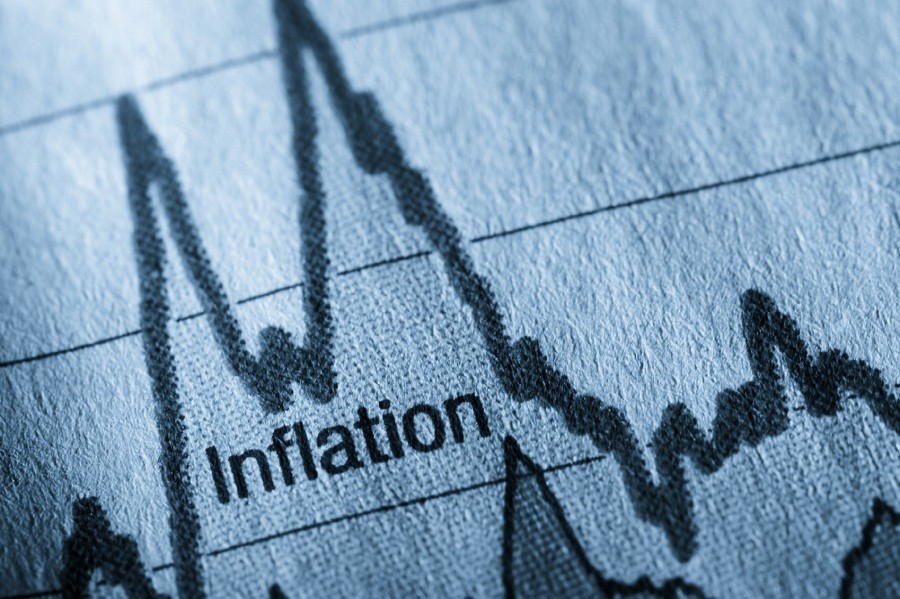RESEARCH firm IH Equities has said that the 15 percent salary adjustment for civil servants will spur demand in the retail sector pushing up the performances of operators in that area, while adding inflationary pressure.
In its monthly report for May, IH said the cash shortages would continue to work in favour of formal retail sector operators such as OK Zimbabwe.
"We expect robust performance in primary sectors and the government's 15 percent salary rise for civil servants to aid the performance as disposable incomes and average spend will be expanded. The proliferation of plastic money and inflationary landscape are also likely to contribute to OK Zimbabwe's momentum," IH said.
"Bullish sentiment persisted in May making it two consecutive months with concerted efforts from the government to address fundamental issues," IH added.
Annual inflation was measured at 2,71 percent as of April 2018 with month on month food and non-alcoholic beverages inflation gaining 0,05 percent to 0,02 percent in April from -0,03 percent in March; and month on month non-food inflation at 0,11 percent, gaining 0,47 percent from March, whilst year on year food and non-alcoholic beverages inflation stood at 4,94 percent.
"The increase in prices was ushered by food supply constrictions caused by seasonal changes, with further inflationary pressure looming due to the government's 15 percent salary hike for all civil servants," IH said.
In May Zimbabwe saw the reemergence of fuel shortages as international prices reached a new high of $80 per barrel, along with a 20 percent hike in actual demand for fuel on higher economic activity.
According to statistics released by the Reserve Bank of Zimbabwe, fuel accounted for about 22 percent of total imports in the first four months of 2018, with a total of $1,2 billion spent on the commodity in 2017.
Fuel imports guzzled $474 million during the first four months of this year, significantly higher than the $383 million spent during the same period last year.
Consequentially, Zimbabwe's trade deficit for the first four months of 2018 stood at $999 million which is far higher than the same period last year when it was $603 million, with the country's trade deficit in 2017 totaling $1,74 billion.
"The political and economic atmosphere remains in suspense as anticipation builds towards the general elections which have been officially set for the 30th of July this year.
"Along with establishing a good rapport ahead of elections, the new administration continues its efforts to address issues regarding the economy's fundamentals," IH said.
Other developments noted by IH include government's decision to commission a local think-tank to explore options of settling the country's $12 billion external debt through negotiations led by the African Development Bank.
"Furthermore, the government engaged with Standard Chartered Plc and other institutions to help raise $1,8 billion to clear arrears to multilateral institutions for the country to secure $2 billion in fresh funding, amongst a $100 million loan facility availed by the institution for Zimbabwe's ailing private sector," IH said.
- fingaz
 Concern over Masvingo black market
Concern over Masvingo black market  Kenya declares three days of mourning for Mugabe
Kenya declares three days of mourning for Mugabe  UK's Boris Johnson quits over Brexit stretegy
UK's Boris Johnson quits over Brexit stretegy  SecZim licences VFEX
SecZim licences VFEX  Zimbabwe abandons debt relief initiative
Zimbabwe abandons debt relief initiative  European Investment Bank warms up to Zimbabwe
European Investment Bank warms up to Zimbabwe  Young Investment Professional (YIP) Graduate Programme 2019
Young Investment Professional (YIP) Graduate Programme 2019 











 Young Investment Professional (YIP) Graduate Programme 2019
Young Investment Professional (YIP) Graduate Programme 2019
Editor's Pick